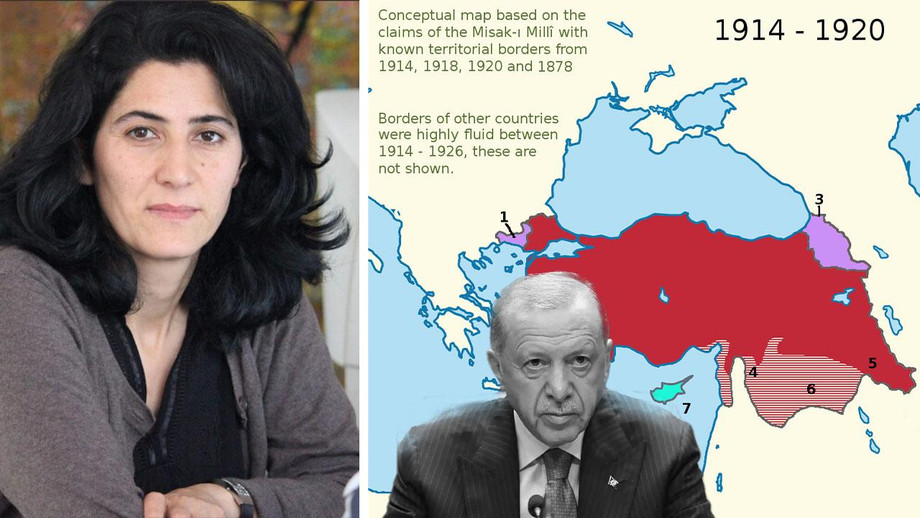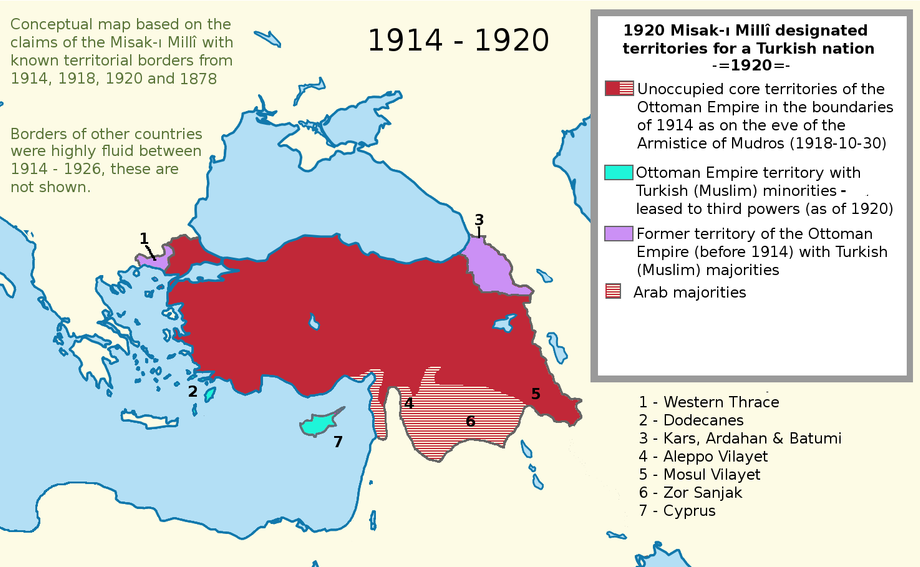Nilüfer Koç, a leading Kurdish diplomat and MedyaNews contributor, argues that Turkey's policies under Erdoğan have obstructed democratic progress in the Middle East, particularly through its actions and conspiracies against Kurdish autonomy in Syria.
Nilüfer Koç, a prominent Kurdish politician in the Brussels-based Kurdistan National Congress (KNK), recently delivered a scathing critique of Turkey’s policies, calling the nation the “biggest obstacle” to a democratic future for the Middle East. In her interview with ANF, Koç argued that Turkey’s crackdown on Kurdish-led governance structures in Syria and Iraq, paired with its authoritarian grip domestically, hinders broader regional stability.
Koç specifically pointed to Turkish President Recep Tayyip Erdoğan’s ambitions in Kobanê (Kobani) as emblematic of his desire to dismantle Kurdish-led libertarian and confederalist projects. She argued that Kobanê, a symbol of Kurdish resistance, has become a target for Erdoğan’s efforts to reshape the region’s political map in Turkey’s favour. “Erdoğan does not want democracy in the Middle East because it would threaten his own authoritarian rule,” Koç declared, warning that Turkey’s actions stymie progress in building inclusive governance systems.
Kurds as proponents of democratic change
The Kurdish-led autonomous administrations in Syria have championed principles of gender equality, ethnic inclusivity, and grassroots governance, the values that Koç believes threaten Turkey’s Neo-Ottomanist geopolitical goals.
Modern Turkey’s Neo-Ottomanist geopolitical goals dated back to post-WWI claiming many Kurdish majority regions located in north Iraq and Syria, by wikipedia
She criticised the West’s ambivalence, accusing European nations of overlooking Turkey’s destabilising actions in favour of maintaining NATO unity. “Turkey weaponises its strategic position to silence criticism,” Koç explained, urging democratic forces worldwide to push back.
A call for solidarity and action
Koç’s impassioned appeal highlights the urgent need for solidarity with Kurdish movements. “Supporting Kurdish democratic experiments is supporting the future of a pluralistic Middle East,” she argued. She called on international actors to challenge Turkey’s military aggression and to prioritise dialogue with Kurdish representatives as part of any regional peace process.



